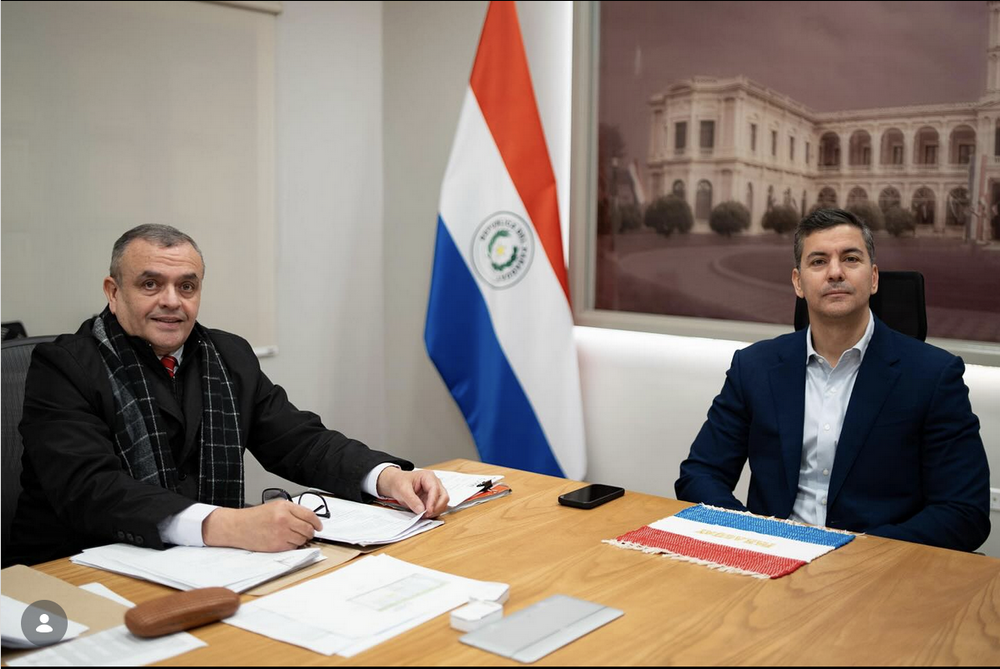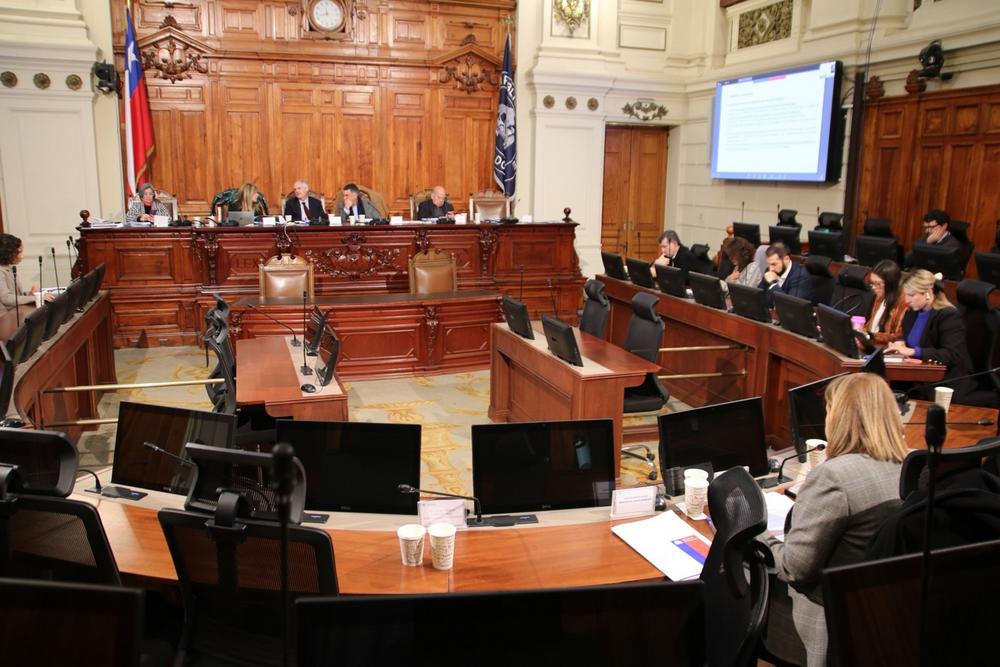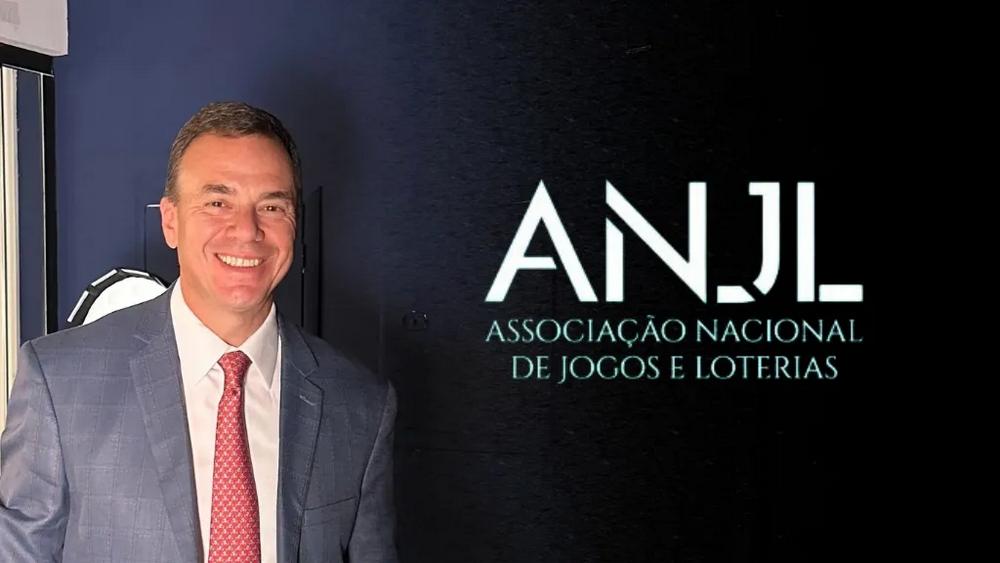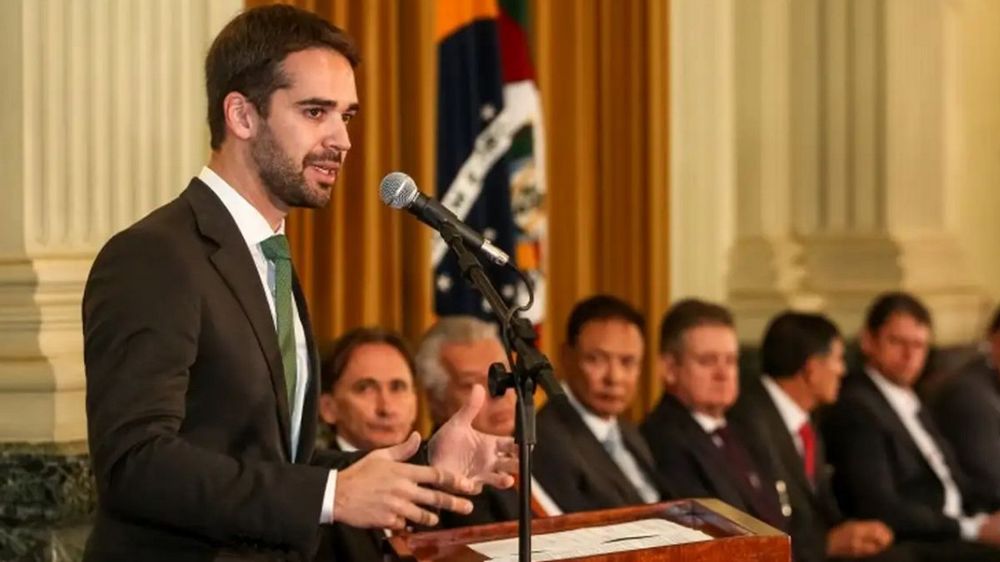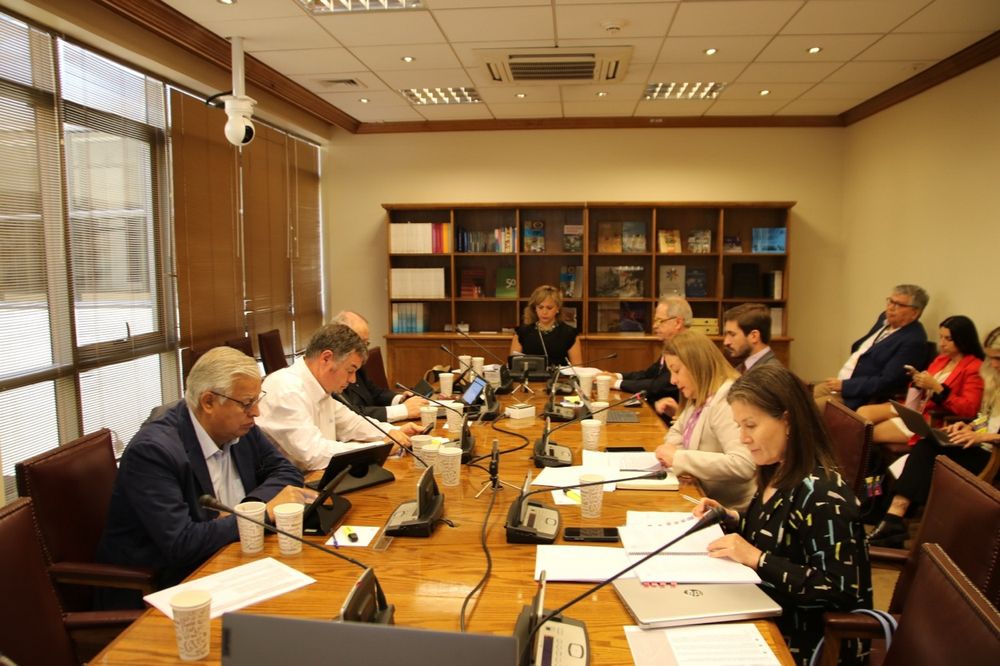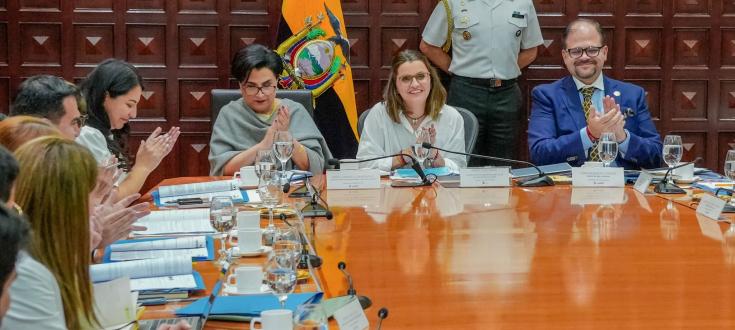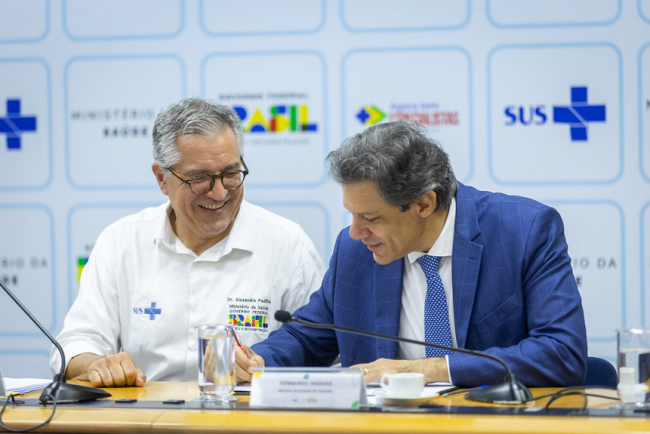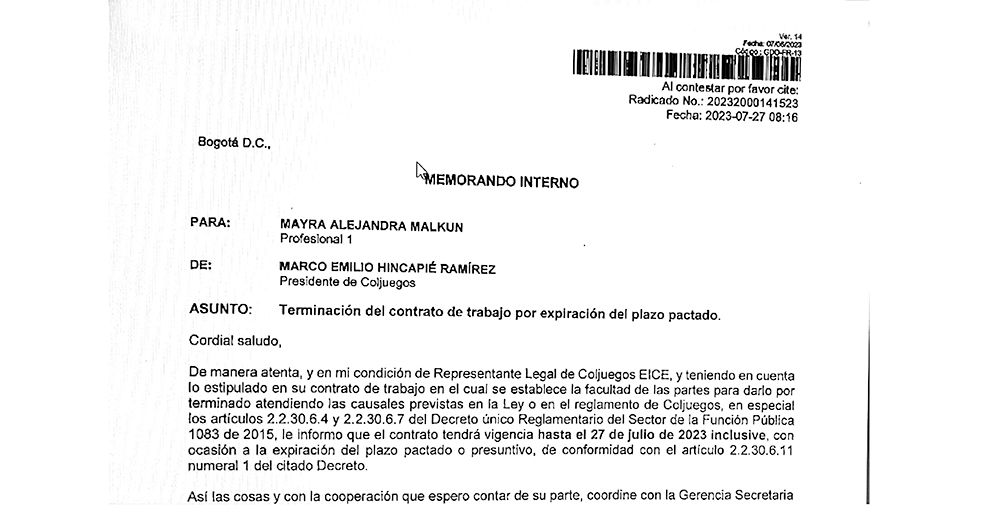PROVISIONAL MEASURE No. 1,182, OF JULY 24, 2023, which regulates sports betting published this Tuesday (25) has immediate force of law and provides for a rate of 18% for companies on Gross Gaming Revenue (GGR), which is the income earned from all games played.
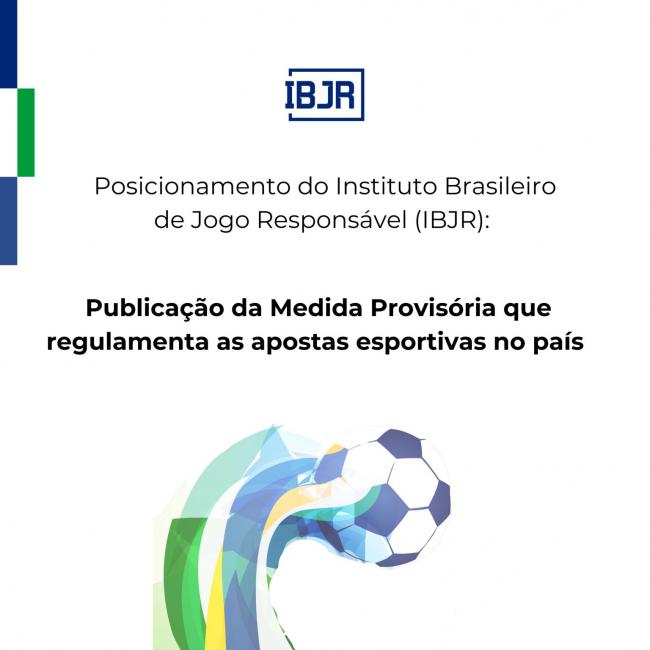
The text of the MP brings a 260% higher taxation in relation to the current law, which was 5%. The Brazilian Institute for Responsible Gaming (IBJR) clarifies that the total tax burden for companies must reach approximately 30%, after the incidence of taxes such as PIS, COFINS and ISS. Furthermore, considering the taxation of player prizes, this would place Brazil among the highest tax burdens on the planet for the sector.
The general director of the entity, André Gelfi, comments that “this burden worries companies in the segment and should be viewed with skepticism by Brazilian society, since the entire economic chain derived from this sports betting sector should be affected. Another consequence will be the growth of the parallel market, both physical and online, since companies that operate legally will be able to pass costs on to players and these, in turn, will tend to look for more attractive alternatives”.
However, the text of the MP brings positive points in relation to the guarantees of protection for the players and also for the sport. One of them is the prohibition of participation, directly or indirectly, of people under 18 years of age in betting or even people registered in the national credit protection registries -SPC and Serasa- in order to protect the most vulnerable people from losses. financial.
We also value the efforts of the MP to create guidelines for advertising in the sector, designating the National Council for Advertising Self-regulation (Conar) to supervise and regulate communication and marketing actions, in addition to carrying out extensive awareness work, so that bets sports are another entertainment opportunity for Brazilians.
Finally, the IBJR makes itself available to continue the discussions and debates in the legislative field so that Brazil builds regulations that protect consumers and sports, guarantee income to the public sector and offer a sustainable business environment for companies in the chain. productive in the sector.












